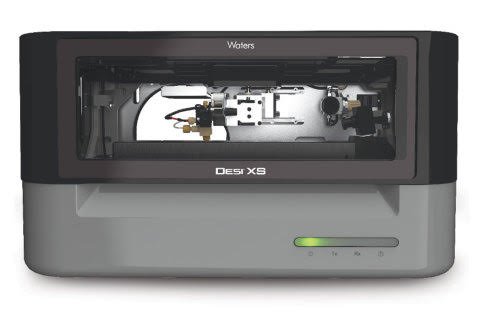Waters extends capability of high res mass spectrometers
June 29, 2020 | Monday | News
Enhancements for the Waters Xevo G2-XS QTof, SYNAPT XS and SELECT SERIES Cyclic IMS Instruments Accelerate Biomedical and Pharmaceutical Research
Waters Corporation has announced a new fragmentation technique and an imaging option for its high-resolution mass spectrometers giving research scientists working across a broad range of end markets including biomedical, biopharmaceutical and food research, greater experimental freedom to explore the intricacies of peptides, proteins, and protein complexes.
For its high-performance SELECT SERIES™ Cyclic™ IMS System, Waters will offer scientists the ability to probe the structure of proteins, peptides, glycans and other biomolecules with Electron Capture Dissociation (ECD), a fragmentation technique made available through a partnership with e-MSion, Inc. (Portland, Oregon).
ECD is an electron-based fragmentation technology that, combined with ion mobility mass spectrometry and Collision Induced Dissociation (CID) available with the Cyclic IMS System, gives scientists improved sequence coverage for native proteins and surrogate peptides and additional structural information about larger proteins that might not have been possible before.
For the first time, the new Desorption Electrospray Ionization DESI XS source is available on the Waters SELECT SERIES Cyclic IMS, SYNAPT™ XS, and Xevo™ G2-XS QTof Mass Spectrometers. Waters acquired the rights to DESI™ IP from Prosolia, Inc. and the Purdue Research Foundation in 2018, making Waters the exclusive provider of this technology. The new Waters DESI XS source retains the performance of the original version and features enhanced reliability and user experience, making high quality MS imaging accessible to a broader range of scientists.
For customers with Waters Xevo TQ-S micro and Xevo TQ-XS mass spectrometers running on MassLynx™ Software version 4.2, Waters is introducing a new interface to Skyline software, the freely-available, open source software for targeted proteomics. The interface will enable scientists to develop optimized LC-MS/MS multiple reaction monitoring (MRM) methods for the quantification of peptides or protein digests by the surrogate peptide approach.









